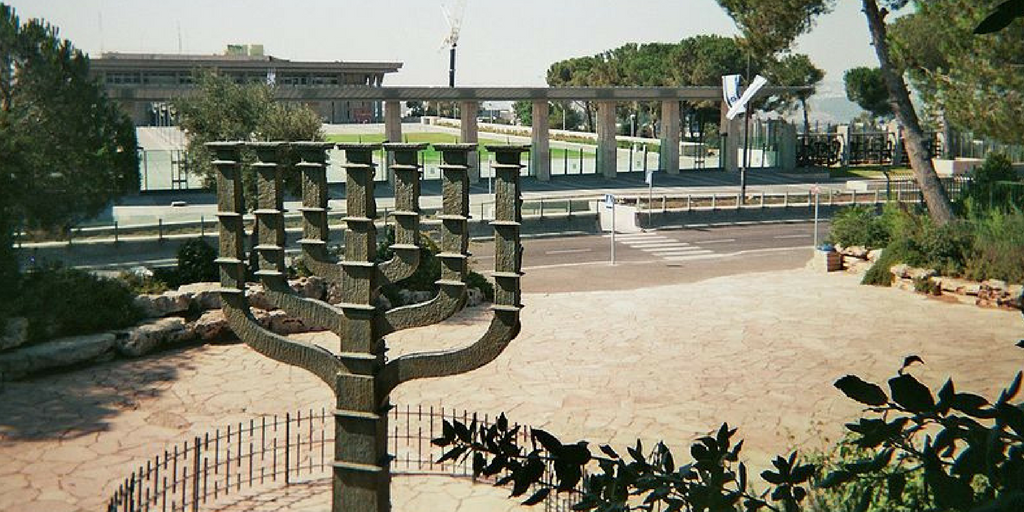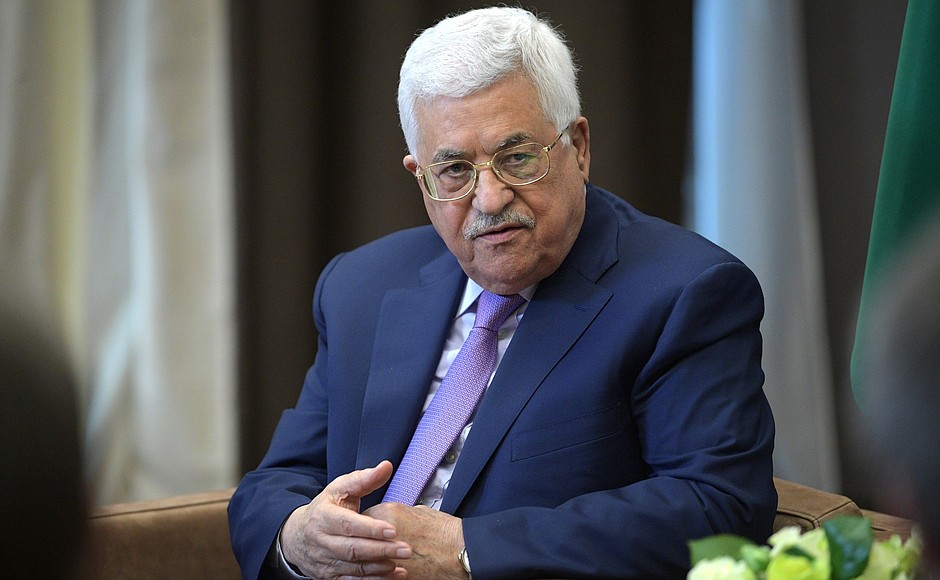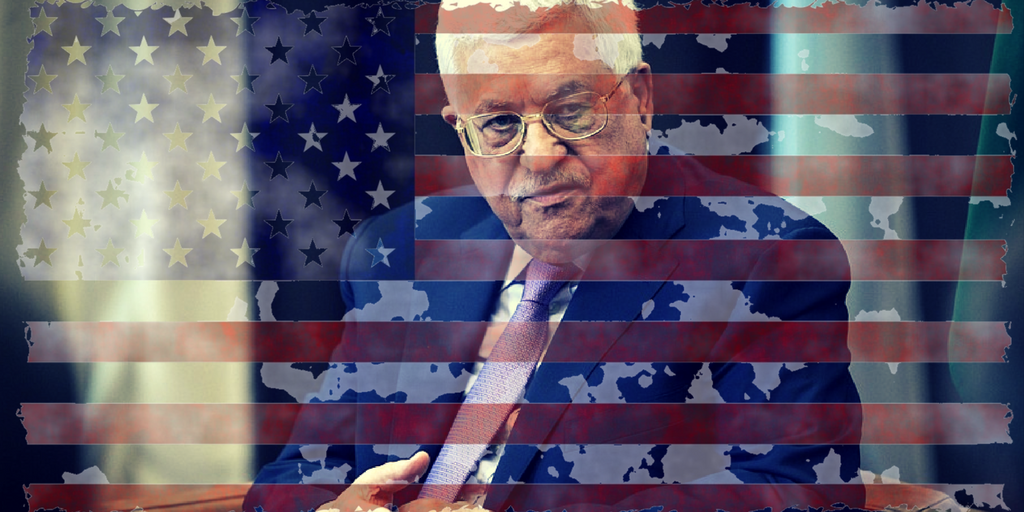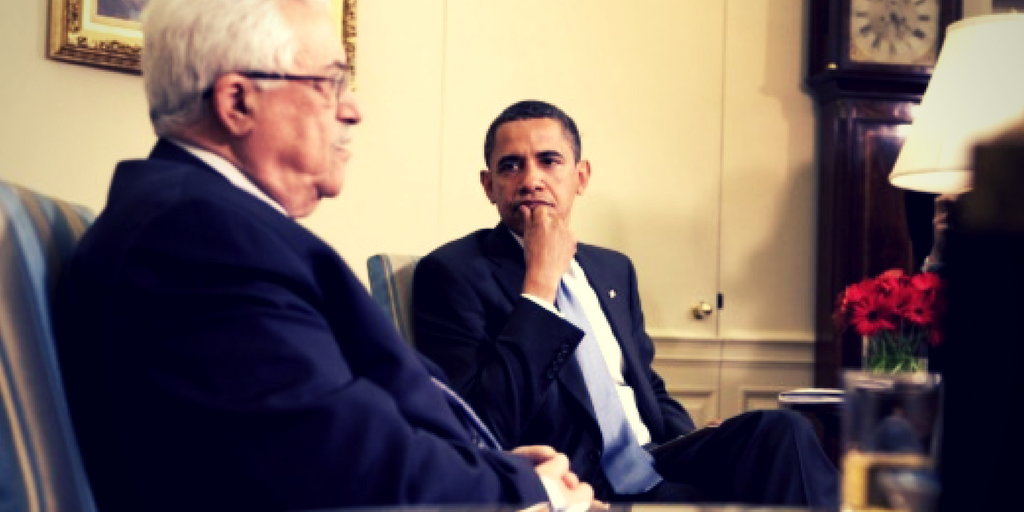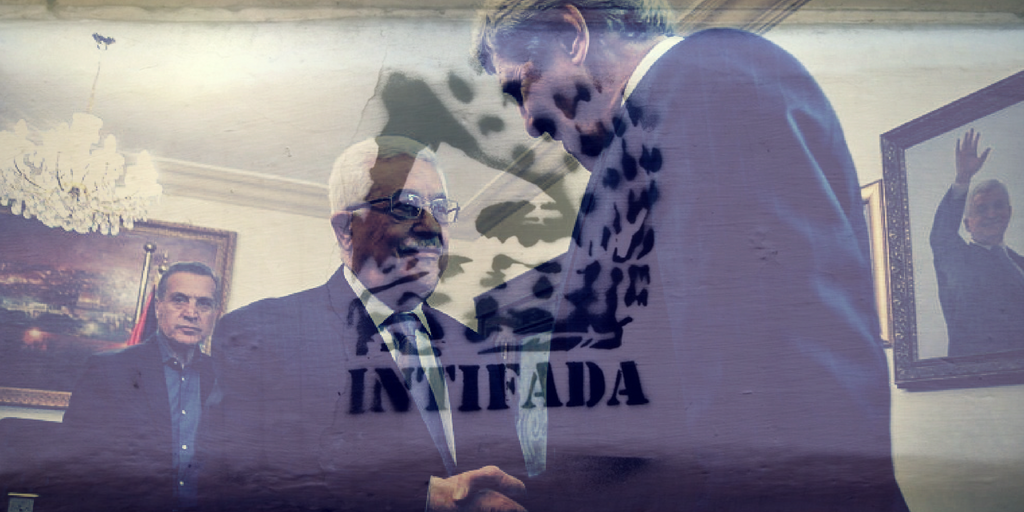Fireworks in the Israeli coalition government this week! For the first time since anyone can remember, there was a real crisis within the government coalition this past week. The reason: the potential draft of yeshiva students and/or the Prime Minister’s alleged desire for elections based on Likud’s strong showing in recent election polls.
Without going into tremendous detail, basically, the Supreme Court recently invalidated the current system of exempting yeshiva students from the army. Therefore, a new law has to be passed to replace the old one. The Haredi/ultra-orthodox parties wanted this done before they would vote for the budget. There was a set deadline to vote for the budget, so time was running out. Majorly complicating things was Avigdor Lieberman’s party’s virulent and vocal opposition to the law being proposed without coordination with the defense ministry. They promised to vote no, Netanyahu would then fire those that voted “no” and disband the government for elections in June.
The conclusion: the conscription law was read in the Knesset and passed a first vote. This was done with the approval of the Rabbinical council that directly the ultra-orthodox parties as to how to vote. It must pass others to become law and that won’t happen until the next session of the Knesset – after Pesach. The budget was passed and the coalition is fully intact. Remains to be seen what will happen next session – probably won’t be smooth sailing like it had been up until this most recent crisis. There still another year and half until scheduled national elections – looking doubtful right now if this government will make it to then.
President Trump fired his Secretary of State – Rex Tillerson – and replaced him with the former head of the CIA – Mike Pompeo. Unclear how this will effect US policy in the Middle East, but Pompeo is said to very much oppose the Iran nuclear deal. Will be interesting to see how aggressive he is about that opposition, which he shares with President Trump. (Trump also appointed the first woman to lead the CIA, but no one on the right is surprised and no one on the left seems to care. go figure)
War rages on numerous fronts in Syria. Death toll for civilians way over 1000 in Eastern Ghouta, just outside of Damascus. Turkey continues to gain ground in the northwest of Syria against the Kurds. Not clear what will happen if Afrin does fall to Turkey – both to the civilians and the fighters. Could be the same fate…
Oh, and the Prime Minister of the Palestinian Authority was almost assassinated in Gaza this week. Seems the attackers blew up the wrong car as the convoy made its way into Gaza. There were injuries, but only to security. Of course, this does not bode well for PA-Hamas reconciliation.

